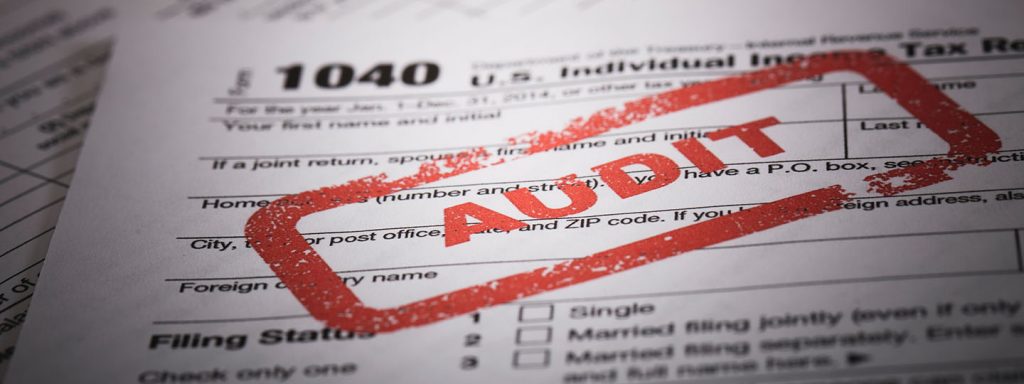
Keep The IRS Away By Avoiding These 10 Audit Red Flags
Wondering how can you avoid being flagged for an audit? Read on to discover common audit red flags and what to do to ensure you don’t make these 10 audit-triggering mistakes.
It’s hard to believe the year is almost over. As autumn quickly approaches, so does tax … and then audit … season. For taxpayers and business owners, few things provoke more anxiety than the idea of being audited by the IRS. Especially now. The world of tax compliance is changing rapidly post-COVID and there are more questions than answers. Regardless of the unknowns, compliance should always be your top consideration. This is especially true when it comes to filing your personal taxes as well as your business taxes.
Experience tells us that certain red flags can make you more likely to be audited by the IRS during a normal year. Now, unfortunately, these red flags are likely to carry more weight as the government is looking to bolster its coffers. We’ve pointed out 10 audit red flags below. If you think you might be at risk, consider meeting with your Rea advisor as soon as possible.
10 Things To Consider When Filing Taxes To Avoid An IRS Audit
If red flags are raised, you may be at risk for an audit or tax notice from the IRS. Here are some common red flags to be aware of and watch out for:
General Reporting Inconsistencies
The IRS compares all the forms your business submits to them with your business’s Form 1040. If there are inconsistencies between the forms, it will likely generate a tax notice or audit.
Claiming Low Income
If your tax forms show that you’re making significantly lower income than others in your profession, the IRS may have reason to believe you’re not reporting all of the income you’re bringing in.
Using Round Numbers Or Unusual Currency
If you report rounded numbers versus actual numbers, the IRS may have reason to suspect you’re not accurately reporting. An example of this usually might come from mileage expenses. In addition, now, using cryptocurrencies, such as Bitcoin, could raise suspicion if it is reported in large amounts.
Claiming High Charitable Donations
You can’t fool the IRS! The IRS has a good idea what the average person in each tax bracket donates. If you claim amounts above this average, you may be flagged for an audit.
Reporting High Income
If you report an income upwards of $100,000, you’re much more likely to be audited than those who make less than this amount.
Inconsistent Federal & State Tax Return Filings
If your federal and state tax returns don’t match up, this may cause you to be at risk of an audit or tax notice.
Having Drastic Income Changes
Did you have a $10,000 jump in income in the last year? Then this might raise a red flag to the IRS.
Claiming High Itemized Deductions
If you report several high itemized deductions on your tax forms, you might be in for an audit. This could raise a red flag for the IRS. As it relates to your income level, the IRS knows what the average taxpayer in your tax bracket gives to charity, pays in real estate taxes and mortgage interest, and pays for medical insurance.
Being Self-Employed
Simply put, if you’re self-employed, you are more likely to be eyed for a possible audit. The IRS knows there is more of an opportunity for claiming personal expenses or deducting a “hobby loss” – an activity that is presumed to be for-profit if income exceeds expenses for three or more out of five consecutive years. Even something like claiming a home office deduction because you work from home could leave you vulnerable for audit.
Excessive Entertainment Deductions
While it’s always good to have fun, having too many entertainment deductions can raise red flags for the IRS. Make sure to limit your entertainment deductions and keep thorough records of your deduction history.
Need Help Filing Your 1040?
While these aren’t the only red flags that may cause you to be audited, these are the more common situations to watch out for. If you would like to know more about how you can prepare for tax and audit season, contact your Rea advisor, give me a call, or complete this brief contact us form to be connected with a qualified CPA in your area.
By Ted Klimczak, CPA (Medina CPA Firm)
Looking for more tips and insight to help you avoid an audit? Or some ideas to help you stay off the IRS audit list? Check out these additional resources:
[ARTICLE] Your Solo 401(k) Plan May Be On The IRS’ Audit List
This article was originally published in 2014. It was recently updated to reflect new information and insight.
